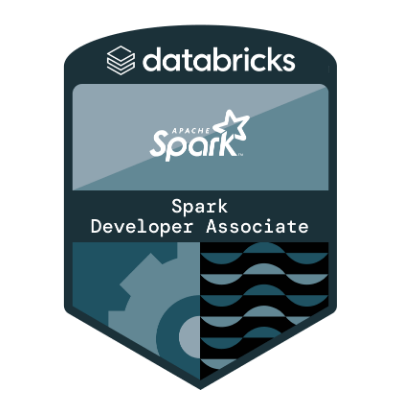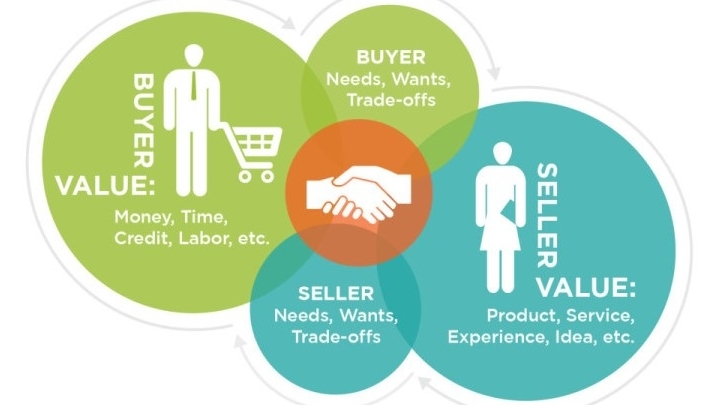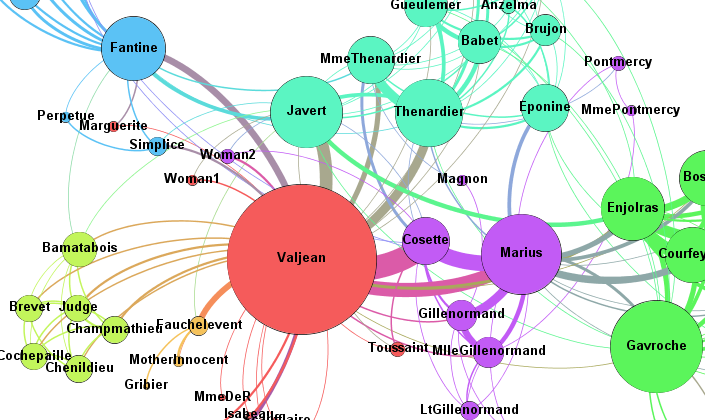Ms. Pavlenko is a
Data Engineering Analyst with at least
7 years of work experience. She is proficient in designing, deploying, testing, and maintaining data warehouse & technical
architectures. Included in her experience are
ETLs, data manipulation, analytics, and visualizations. Besides being a multi-lingual professional with a unique combination of broad
and deep business knowledge, Maryna has deep technology experience.
Maryna has a proven record of accomplishments in data engineering, building predictive ML models, analysing and visualising big data by delivering insights while implementing robust
engineered, user-focused solutions and driving breakthrough efficiently. She has been involved in multiple projects, improving bottom-line results. Maryna is a creative problem
solver and strategic decision maker in fast-paced, fluid environments.
Ms. Pavlenko’s philosophy on data analytics for 21st century organizations is as follows:
"Many organizations within the Fortune 500 companies face staggering challenges in the 21st century. As technical advances increase exponentially, companies must stay competitive.
Organizations' success in identifying and responding to their technological needs and data analytical demands becomes critical.
Organizations in the twenty-first century must complete tasks such as determining how to best scale growing data volumes, storing and securing that data, analysing and utilizing
that data to make informed decisions. The most obvious challenge is cost containment whilst simultaneously improving automation, accessibility, security, and scalability of
organizational data.
At the minimum, such goals require informed strategic planning; efficient architectural designs for any data type (structured or unstructured); automation and optimization of data
processing; secure storage and encryption; data quality and reliability; qualitative and quantitative data analysis; the detection and reduction of fraud/errors; and data-driven
engagement with third-party payers."
Maryna’s background in data engineering, business intelligence, machine learning, and analytics has fortified her skillset to investigate such disparities objectively and offer the
resulting solutions and insights to the various stakeholders within a company.
The resulting solutions and insights are potentially applicable to all verticals of an organization, effecting cost-optimization while improving the data ecosystem by revealing
"best practice methods". Her interest in this field is both personal and professional. Ms. Pavlenko has proven that she can contribute to a better understanding of a company’s
performance and/or customer behaviour.







